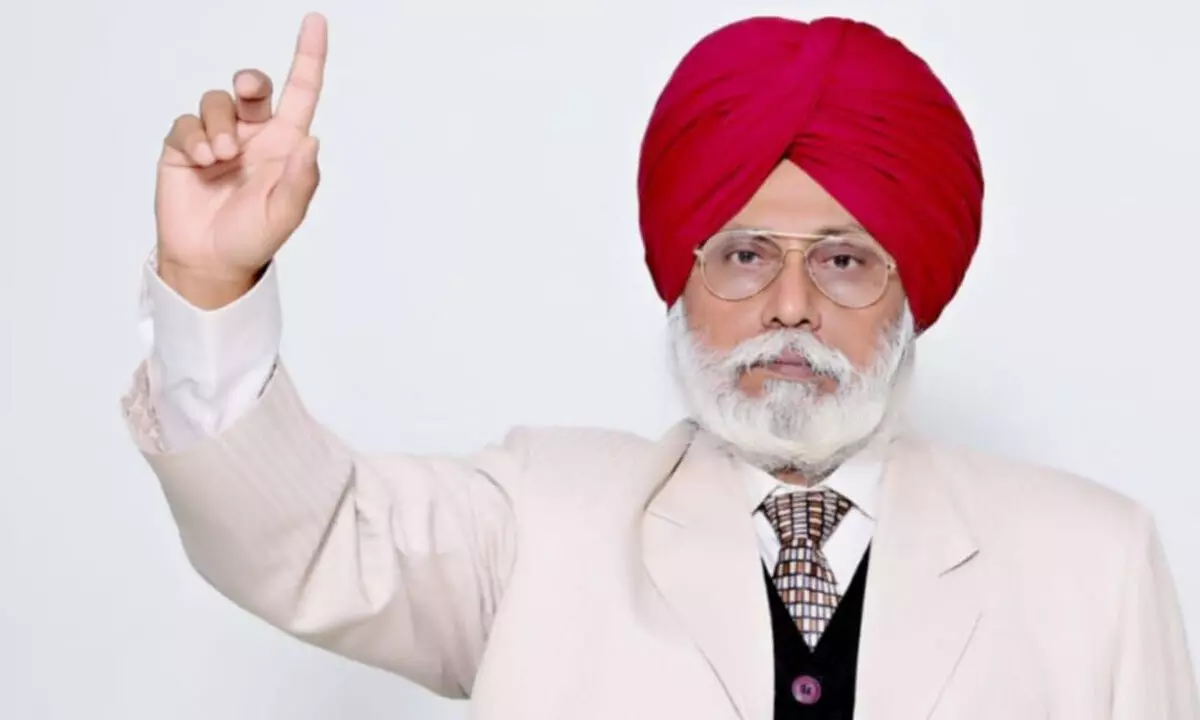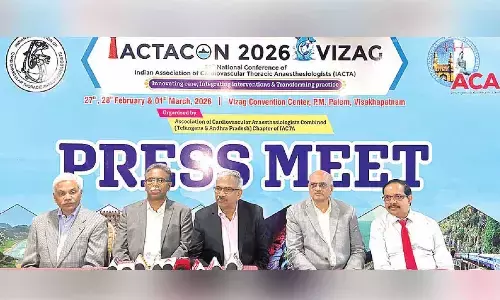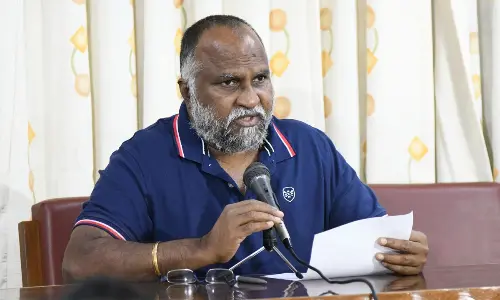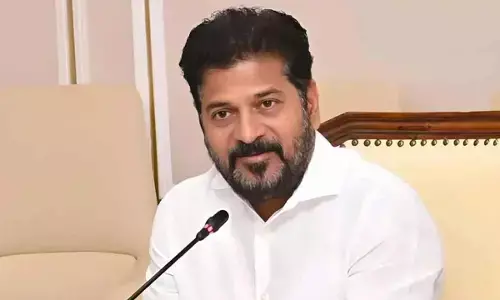Dr Jernail Singh Anand treading closely in the footsteps of Tagore

Dr Jernail Singh Anand, the towering literary genius of the twenty-first century from India, is the second Indian author after Gurudev Rabindra Nath Tagore, who has been conferred the Honorary Membership of the prestigious Serbian Writers Association, Belgrade, and he will be an official Guest at the Writers Conference in Oct 2023.
Dr Jernail Singh Anand, the towering literary genius of the twenty-first century from India, is the second Indian author after Gurudev Rabindra Nath Tagore, who has been conferred the Honorary Membership of the prestigious Serbian Writers Association, Belgrade, and he will be an official Guest at the Writers Conference in Oct 2023. Almost a hundred years back, Sh. Rabindra Nath Tagore was conferred the Honorary Membership of the Serbian Writers Association after he got Nobel Prize in 1913, and he visited Serbia in 1926. This honour is conferred mostly on Nobel Laureates. Dr Maja Herman Sekulic, a highly celebrated poet from Serbia, regards Dr Anand as “the greatest poet among philosophers and greatest philosopher among poets”. It appears he is treading closely in the footsteps of Tagore for the Nobel Prize in Literature.
Dr Jernail Singh Anand, a Member of the Serbian Writers Association, has authored 150 books. He is considered the Conscience Keeper of Modern Times. He is Founder President of the International Academy of Ethics. Dr Jernail Singh Anand, spoke about his literary journey.
Dr Anand, you have authored more than 150 books including nine epics. What is your own perception of a writer?
I believe that creative writing is a blessed activity, ordained by gods. It is the Muse on whose dictat, a person is able to write. So was the case with poets like Milton. I was able to write so extensively on a vast number of subjects, because writing was an obsession with me. I could not help writing. It was like feeling possessed by an inordinate passion. I won’t say I was like a pipe through which the literary creation passed. I used my wits too. But, finally I would say, only wits are not enough to write epic poetry.
I have seen poets referring to you as the Milton of modern times. How would you react to it?
Being likened to the esteemed 17th century poet is truly exhilarating for a contemporary writer. However, my study of ‘The Paradise Lost’ went beyond my first epic ‘Geet’, which was a sequel to this great work. I came up with three more epics called the ‘Mahakaal Trilogy’. ‘Lustus’ is a great creation which pushes Satan into backwaters. ‘The Dominion of the Netherworld’ recreates ‘Hell under Lustus’, ‘The Corporate Prince of Darkness’, and ‘The Ultronic Age’, is like Paradise Regained in which Queen Ultronia reigns with completely altered terms of existence. Going beyond Milton, an author is expected to encapsulate the existential reality of modern times. It was a great challenge, and I was successful in giving in ‘Lustus’, a more monstrous penumbra of ‘Satan’, and a new hope in Queen Ultronia.
You have created an antihero like ‘Lustus’, but if Ethics is the need of the hour, where is the Ethical hero? Why is it so that in your epics, we don’t really have hero/es?
Lustus represents our modern civilization in its most heinous incarnation. He is capable of throwing a powerful challenge to gods who lose the election. As Lustus is a monster, his antidote can be found, not among men, but among the angels themselves. Avi, in Book II, defeats Lustus, but the real hero[ine] who preserves the ethical and spiritual values of life is Queen Ultronia, who, blessed by Goddess Saraswati, inherits Neo-Eden, the Kingdom of God, called Ultronia.
Do you try to be original or deliver to readers what they want? Is there anything called ‘formulae literature’ too?
Successful authors know what the readers want and they deliver accordingly, with much fanfare. We have to define what is good and what is saleable. All best sellers are not always the best literature. This is the age of advertisement, and authors also have to be good at the game. In fact, there is a difference between what the readers want, and what they actually need. In literature, at least, it is never what the people want. Yes, when it comes to the commerce of book-selling, such considerations gain importance.
However, a good writer always takes into account the good of his readers. Entertainment is not the final issue with literature. Serious literature, [sorry I have to add the word ‘serious’], does not claim to cater to the whims of the people. Authors who matter always write for the wellbeing of humanity, not for their own sales. Those who click instantly, and make millions, [formulae literature] do not stay for long in the mass memory, like formulae films which though they say nothing, become highest grossers.
Dr Anand, can you throw light on the International Academy of Ethics?
The International Academy of Ethics is a precursor of the University of Ethics, which we plan to establish under the Aazaad Foundation [Regd]. We believe that the moral degeneration of society can be stopped if we make behavioural changes in the beginning. E for Ethics is our Mission, to focus the attention of young students on the moral aspects of living. We propose to join hands with educational institutions and impart the supplement of Ethics in course work as a compulsory subject. The ultimate aim is to see a world in which humanity, goodness and positivity can survive.
Dr Anand, why do you think there is lack of interest in literature? Why has the emerging world lost its balance and turned somewhat chaotic?
Indeed you raise a valid point.
It seems we have not only turned away from the realm of literature, but also rejected the notions of God, and the inherent wisdom of nature. Literature has been rejected because it promotes a value-based world view, which is not compatible with the upcoming trends of success, wealth, power and fame. We march ahead, oblivious of the fact that we are destroying the wisdom-wells of nature. It has led to a moral chaos in society and disturbed its balance.
(The writer is a renowned literary critic. Views expressed are his personal)











